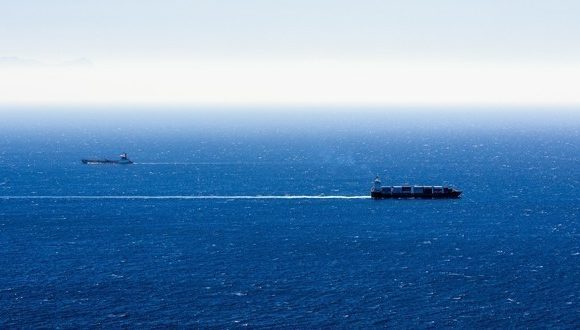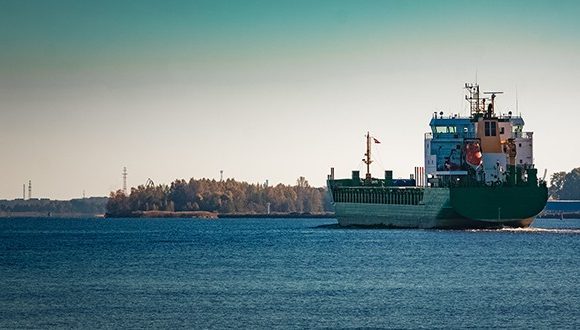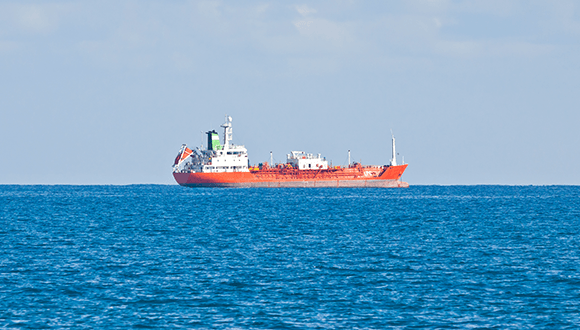The Game of Drones: Revolutionising Marine Conservation and Monitoring
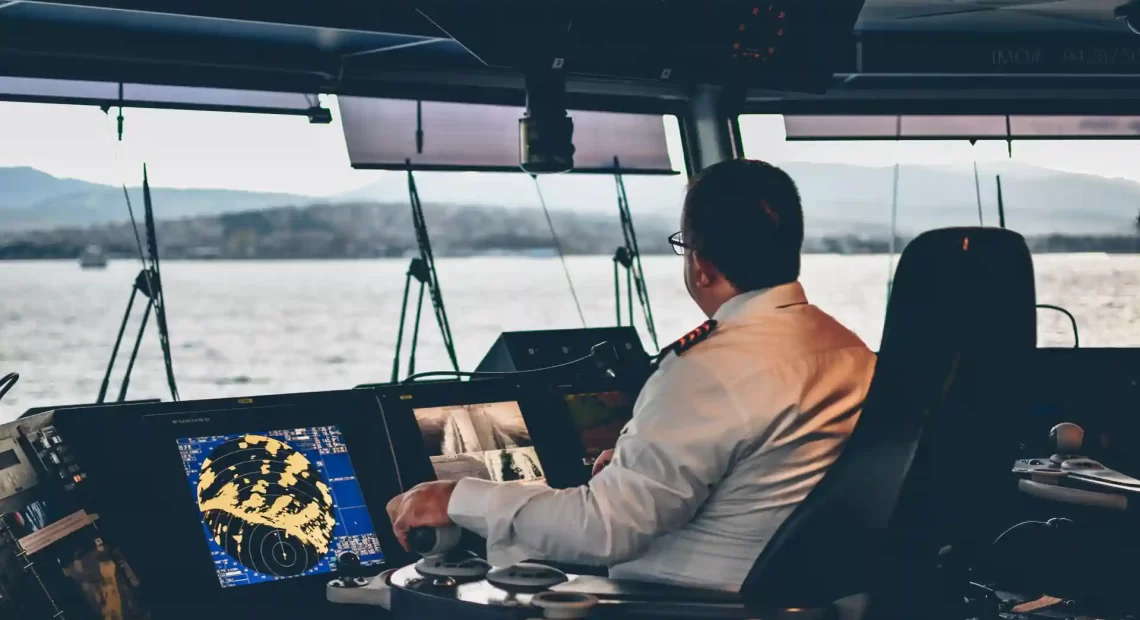
Introduction
In recent years, drones have taken flight and revolutionised various industries, including the realm of marine conservation and monitoring. By combining cutting-edge technology with a deep commitment to environmental preservation, drones offer an invaluable tool for scientists, researchers, and conservationists to monitor, protect, and restore our precious marine habitats. In this article, we will explore the vast potential of drones in marine conservation and monitoring, highlighting their diverse applications and the positive impact they can have on our oceans.
I. A Bird’s-Eye View of Marine Ecosystems
Drones provide a unique perspective on marine ecosystems, offering researchers and conservationists a bird’s-eye view of coastal areas, remote islands, and open oceans. Equipped with high-resolution cameras and sensors, these aerial devices can capture detailed imagery and data that would otherwise be challenging to obtain. By conducting regular surveys, drones enable the monitoring of marine life populations, habitats, and environmental changes with unparalleled precision.
Mapping and Monitoring Marine Biodiversity
Drones allow scientists to conduct accurate surveys of marine biodiversity, helping them monitor and document species distributions, population sizes, and migratory patterns. Such data is invaluable for conservation planning, identifying critical habitats, and understanding the impact of climate change on marine ecosystems.
Tracking Marine Megafauna
From whales to sea turtles, drones aid in monitoring and tracking the movement of charismatic marine megafauna. By capturing aerial footage, researchers can observe and study these animals in their natural habitats, helping them gain valuable insights into their behaviour, feeding patterns, and breeding grounds.
II. Combating Illegal Activities and Promoting Marine Protected Areas
Drones play a vital role in combating illegal activities in our oceans and ensuring the effective management of marine protected areas (MPAs). Their agility, range, and stealth capabilities make them an ideal tool for monitoring and enforcing regulations.
Anti-Poaching Efforts
Illegal activities, such as overfishing, poaching, and wildlife trafficking, pose significant threats to marine biodiversity. Drones equipped with thermal imaging cameras and artificial intelligence algorithms can patrol vast areas, detect illegal fishing vessels, and even identify suspicious activities at night. Drones help deter illegal practices and protect vulnerable species by providing real-time data to enforcement agencies.
Enhancing Marine Protected Areas
Marine protected areas are crucial for conserving biodiversity, preserving habitats, and promoting sustainable fishing practices. Drones can monitor these areas, ensuring compliance with regulations and detecting any unauthorised activities. Furthermore, drones can be used to assess the health of coral reefs, measure water quality parameters, and identify invasive species, facilitating effective management strategies for MPAs.
III. Supporting Environmental Research and Conservation
Drones have immense potential in advancing scientific research and conservation initiatives, assisting in the understanding and protection of marine ecosystems.
Studying Climate Change Impacts
Climate change is causing significant disruptions in marine ecosystems, leading to rising sea levels, ocean acidification, and altered species distributions. Drones equipped with advanced sensors can collect data on temperature, salinity, pH levels, and other environmental factors, helping scientists study the impact of climate change on marine life and make informed predictions for the future.
Restoring and Rehabilitating Marine Habitats
Drones can aid in restoring damaged ecosystems by delivering seeds or seedlings of marine plants, such as seagrasses and mangroves, to affected areas. Additionally, drones equipped with specialised cameras can survey the growth and development of restored habitats, providing valuable data for restoration projects.
Rapid Response to Environmental Disasters
During oil spills or other environmental disasters, drones can assess the extent of the damage and provide real-time information to response teams. By swiftly identifying affected areas and potential risks, drones enable prompt decision-making and help minimise the ecological impact.
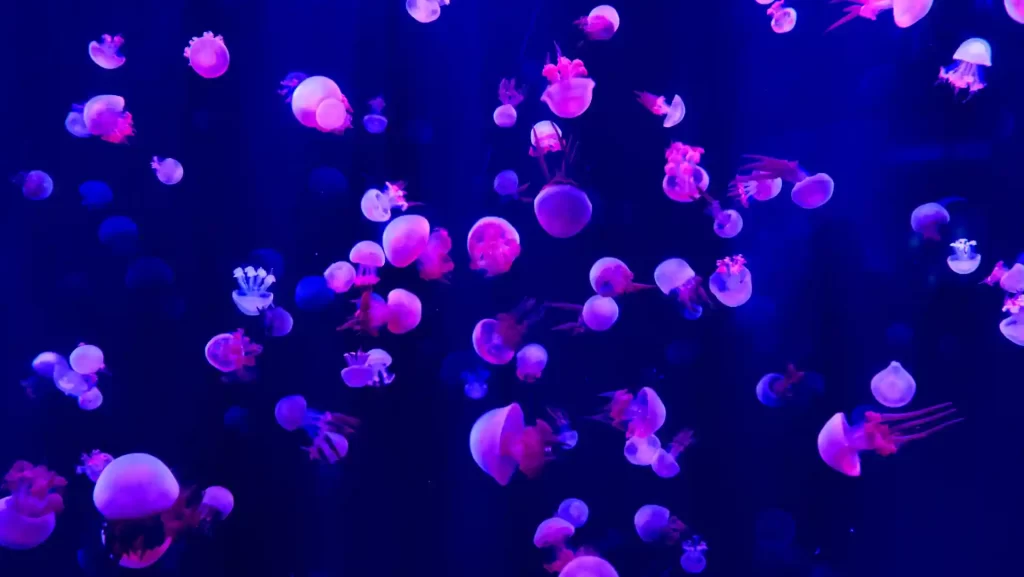
IV. Statistics and facts
A study published in the Scientific Reports journal found that drones equipped with high-resolution cameras were able to accurately estimate the abundance of nesting seabirds, achieving an accuracy rate of over 90%. This demonstrates the effectiveness of drones in monitoring bird populations in remote coastal areas.
According to a World Wildlife Fund (WWF) report, drones have been used successfully to combat illegal fishing activities. In one case, drones helped authorities in Belize identify and apprehend a vessel illegally fishing in a marine protected area. Such enforcement efforts can help protect vulnerable marine species and preserve critical habitats.
The Ocean Foundation estimates that drones can cover up to 100 times more area compared to traditional survey methods, making them highly efficient tools for monitoring marine environments. This increased coverage allows for a more comprehensive understanding of marine biodiversity and ecosystem dynamics.
In a study conducted by researchers at Duke University, drones equipped with thermal imaging cameras detected and monitored endangered North Atlantic right whales in their breeding grounds. This technology proved highly effective in locating and tracking these elusive marine mammals, providing valuable data for their conservation.
The National Oceanic and Atmospheric Administration (NOAA) has been utilizing drones to assess the impact of climate change on coral reefs. By capturing aerial imagery and conducting 3D mapping, drones help scientists monitor coral bleaching, identify stressors, and develop reef restoration and protection strategies.
According to a report by the United Nations Environment Programme (UNEP), drones have been employed to monitor marine protected areas (MPAs) around the world. These efforts have helped identify illegal activities, such as overfishing and poaching, and supported the enforcement of regulations, leading to better protection and management of these critical marine ecosystems.
The International Union for Conservation of Nature (IUCN) highlights that drones have been instrumental in studying and conserving marine megafauna, including whales, dolphins, and sea turtles. By capturing aerial footage and collecting data on their behaviour and distribution, drones contribute to a deeper understanding of these species and aid in the development of targeted conservation measures.
These statistics showcase the wide-ranging applications of drones in marine conservation and monitoring, highlighting their effectiveness in data collection, enforcement, and protection of marine ecosystems.
V. Conclusion
Drones have emerged as powerful tools in the field of marine conservation and monitoring, offering a range of applications that were once unimaginable. With their ability to capture high-resolution imagery, monitor biodiversity, combat illegal activities, and support scientific research, drones have become indispensable allies for preserving our fragile marine ecosystems. As technology advances, it is essential to leverage these capabilities responsibly and ethically, ensuring that drones continue to serve as guardians of our oceans. By harnessing their potential, we can pave the way for a brighter, more sustainable future for marine life and the planet as a whole.
Resources
Exploring the Role of Drones in Marine Conservation and Research
Using drones to monitor marine ecosystems
New Drone Detection System Will be Launched by Kelvin Hughes

